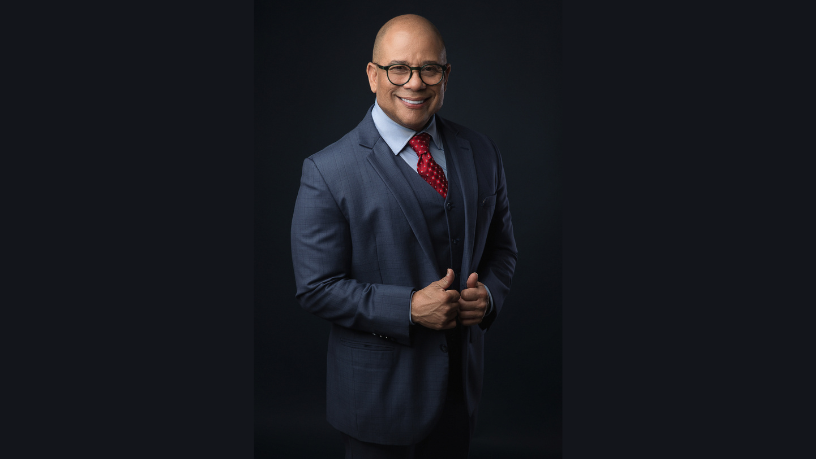Plastic surgery has become one of the most sought-after medical specialties by those looking for body harmony, rejuvenation, and improved self-esteem. Gilberson Wanderley Silva, a plastic surgeon with over 25 years of experience, highlights that advancements in surgical techniques and increased procedural safety have significantly boosted patient confidence.
Below, learn more about the types of plastic surgery, their benefits, pre- and post-operative care, and valuable information for anyone considering an aesthetic transformation safely.
What Is Plastic Surgery?
Plastic surgery is a medical specialty divided into two main categories: cosmetic and reconstructive.
Cosmetic surgery aims to enhance physical appearance by correcting features that impact self-image.
Reconstructive surgery focuses on restoring the function and form of body structures affected by trauma, disease, or congenital deformities.
According to Gilberson Wanderley Silva, demand for surgical procedures varies based on each patient’s profile and needs. The most commonly requested types include:
Liposuction and HD Lipo
Liposuction is one of the most frequently performed procedures in Brazil. The high-definition version, known as HD Lipo, aims to sculpt the body by enhancing abdominal muscle definition. According to Dr. Gilberson Wanderley Silva, creator of the Dream Breasts Project and mentor to young plastic surgeons, this technique requires precision and deep anatomical knowledge to ensure natural-looking results.
Breast Surgery (Mammoplasty)
Breast surgery can be reductive, reconstructive, or augmentative, with or without silicone implants. The Dream Breasts Project, developed by Gilberson Wanderley Silva, personalizes each procedure to meet the patient’s desires and needs, with a focus on safety and aesthetics.
Rhinoplasty
Rhinoplasty, or nose surgery, can enhance facial harmony and improve breathing function. It is one of the most delicate plastic surgery procedures and should only be performed by highly qualified professionals.

Tummy Tuck (Abdominoplasty)
Abdominoplasty is recommended for removing excess skin and correcting abdominal flaccidity, often seen after pregnancy or significant weight loss.
Who Can Undergo Plastic Surgery?
While there’s no single ideal age for plastic surgery, patients must be in good health and have realistic expectations about the outcome. A consultation with a surgeon is essential to determine whether the procedure is viable, based on medical history, tests, and personal goals.
Dr. Gilberson Wanderley Silva emphasizes that clear and honest communication between doctor and patient is key to making a safe and informed decision. Each case is unique and requires individualized planning.
Pre-operative preparation directly affects the surgery’s success. Recommended precautions include:
Completing all requested medical tests
Avoiding anticoagulant medications
Quitting smoking and alcohol consumption
Maintaining a balanced diet
It’s also essential to choose a surgeon with proven experience and certification from the Brazilian Society of Plastic Surgery (SBCP) — a national reference in ethical and technical excellence in high-complexity procedures.
Is Plastic Surgery Worth It?
For many patients, plastic surgery means more than just a physical change — it’s an emotional transformation. Improved self-esteem, body confidence, and the overcoming of past traumas are among the commonly reported benefits. However, it’s vital to pursue surgery for personal reasons, not due to external pressures.
When performed responsibly by qualified professionals, plastic surgery can have a profoundly positive impact on a patient’s life.
Ultimately, the decision to undergo plastic surgery should be made with information, awareness, and proper medical support. Choosing a trusted specialist is the first step toward achieving safe, satisfying, and high-quality results.
Author: Clodayre Daine









